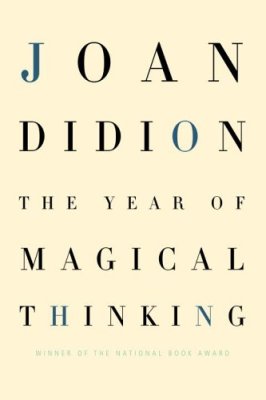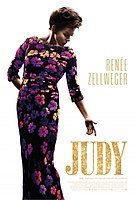Lists
















37 Books
Best Reads
Sort by:
Recent Desc
More lists by Persis Flores



To Read
List includes: The Handmaid's Tale, The Year of Magical Thinking, Native Speaker
June 2022
0
@persisflores0f5e56



Current Reads
List includes: The Color of Air, Strength to Love, Earthlings
June 2022
0
@persisflores0f5e56



To Watch
List includes: Cha no aji, Nobody Knows, Judy
June 2022
0
@persisflores0f5e56